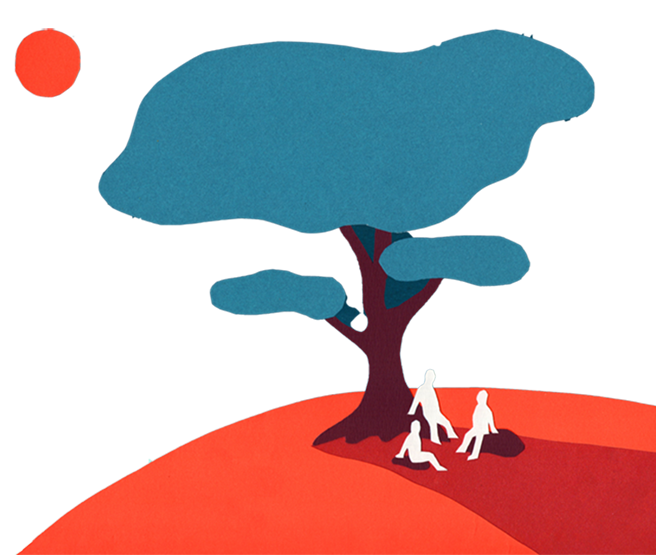In my research I have always been interested in reflection, by which I mean the capacity of human beings to be related to their own thought and behaviour. I develop arguments to defend the view that reflection is intrinsically edifying. I do so in a number of areas.
Human Nature. There are interesting differences between homo sapiens and other primates that can teach us much to elucidate our human capacity to be related in an edifying way to our own thought and behaviour. I argue, however, that there is no reason to believe we are privileged as a biological species in this respect. If it is true that “nurture is our nature” we should be open to the possibility that exemplars of other species can relate in an edifying way to their own thought and behaviour. And we’d better acknowledge that many of our fellow men somehow fail to edify themselves through reflection.
Behavioural Science. Contemporary culture has created a very powerful social arrangement to take care of our edifying reflection: behavioural science. My interest here is basically to argue against the modern idea that explanatory sense-making (combined with evidence-based intervention) provides an accurate and adequate model of edifying reflection. I discuss this theme in a number of ways in Don’t be fooled. A Philosophy of Common Sense. (Routledge, 2017)
Mind and action. There is a range of central issues in the philosophy of mind and action (personal identity, autonomy, self-knowledge, free will, consciousness, practical reason, moral emotion) that cannot be correctly accounted for without making assumptions about the nature of reflection. Most philosophers in the field neglect, in their assumptions about reflection, that this capacity has an intrinsic edifying nature. I argue that their resulting stories and theories suffer from this neglect. My arguments are grounded in both conceptual considerations and the empirical evidence that human beings first become acquainted with the self-relation by being a member of a parent-child dyade.
